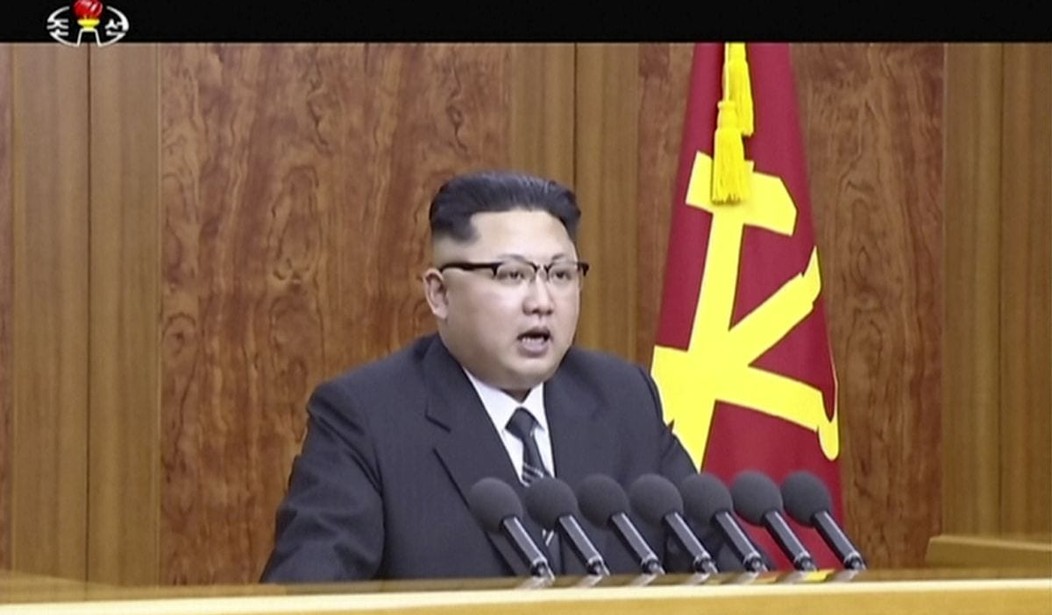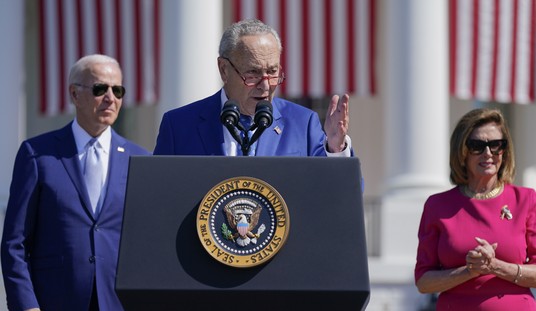A panel of experts submitted a report to the United Nations that claims North Korea is evading sanctions to the tune of $200 million last year. The regime of Kim Jong-un is still selling coal and other commodities, usually without the knowledge of the purchasing country. The report also says that North Korea is selling arms to Syria and Myanmar.
The report to a U.N. Security Council sanctions committee, seen by Reuters on Friday, said North Korea had shipped coal to ports, including in Russia, China, South Korea, Malaysia and Vietnam, mainly using false paperwork that showed countries such as Russia and China as the coal origin, instead of North Korea.
The 15-member council has unanimously boosted sanctions on North Korea since 2006 in a bid to choke funding for Pyongyang’s nuclear and ballistic missile programs, banning exports including coal, iron, lead, textiles and seafood, and capping imports of crude oil and refined petroleum products.
“The DPRK (North Korea) is already flouting the most recent resolutions by exploiting global oil supply chains, complicit foreign nationals, offshore company registries and the international banking system,” the U.N. monitors wrote in the 213-page report.
The North Korean mission to the United Nations did not immediately respond to a request for comment on the U.N. report. Russia and China have repeatedly said they are implementing U.N. sanctions on North Korea.
The UN had similar problems with Iran sanctions. The Iranians used a sophisticated network of shell companies and dummy corporations to sell its oil and evade financial sanctions.
The U.N. monitors investigated 16 coal shipments between January and Aug. 5 to ports in Russia, China, Malaysia and Vietnam. They said Malaysia reported one shipment to the council committee and the remaining 15 shipments violated sanctions.
After the coal ban was imposed on Aug. 5, the U.N. monitors investigated 23 coal shipments to ports in Russia, China, South Korea and Vietnam. The U.N. monitors said all those shipments “would constitute a violation of the resolution, if confirmed.”
“The DPRK combined deceptive navigation patterns, signals manipulation, transshipments as well as fraudulent documentation to obscure the origin of the coal,” the monitors said.
The U.N. monitors “also investigated cases of ship-to-ship transfers of petroleum products in violation (of U.N. sanctions) … and found that the network behind these vessels is primarily based in Taiwan province of China.”
The monitors said one country, which they did not name, told them North Korea had carried out such transfers off its ports of Wonsan and Nampo and in international waters between the Yellow Sea and East China Sea between October and January.
The report said several multinational oil companies, which were not named, were also being investigated for roles in the supply chain of petroleum products transferred to North Korea.
There is a tremendous profit incentive in helping North Korea evade sanctions, so it’s not really surprising that disreputable companies would be assisting them. More problematic are countries like Syria and Myanmar that actively work to purchase banned products. According to the report, Syria received shipments that “contained acid-resistant tiles that could cover an area equal to a large scale industrial project, the monitors reported.” The tiles, according to one expert, could be used to line the inside of a chemical weapons factory.
But we know that can’t be true because President Obama told us Syria no longer had a chemical weapons program. He took care of it, he said.
Thousands of ships with trillions of dollars worth of cargo cross the oceans every year. It’s impossible to completely deny one country the ability to export its products. About all the UN can do is keep an eye on North Korean shipments and identify companies and nations that are deliberately profiting from trade with the Kim regime.










Join the conversation as a VIP Member